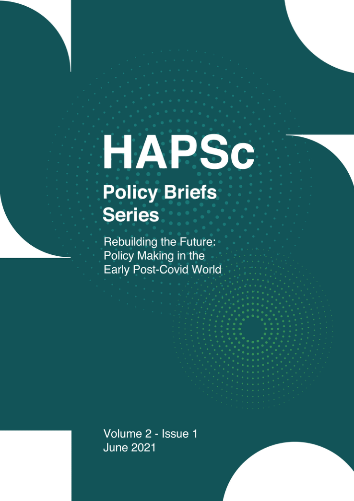Labor Market Deregulation & In-Work Poverty: Considerations on the Future of Social Policy
Resumen
Over the past few decades, labor market deregulation has dominated the policymaking agenda. These practices entailed, among others, easing the regulatory framework for employment protection, weakening collective bargaining institutions and promoting non-standard forms of employment as a means to achieve the desired degree of flexibility. Meanwhile, conventional analyses failed to investigate the correlation between deregulation and in-work poverty. In fact, poverty was examined exclusively as a consequence of unemployment, thus obscuring its multidimensional nature. This policy brief aims to present the core arguments for and against deregulation, as well as to provide a literature review on the relation between deregulation and in-work poverty. Finally, some remarks are made on the urgent need for change in the orientation of policymaking in a post-covid era.
Article Details
- Cómo citar
-
Kastanos, D. (2021). Labor Market Deregulation & In-Work Poverty: Considerations on the Future of Social Policy. HAPSc Policy Briefs Series, 2(1), 44–49. https://doi.org/10.12681/hapscpbs.27655
- Sección
- Articles

Esta obra está bajo una licencia internacional Creative Commons Atribución 4.0.
Authors retain copyright and grant the journal right of first publication with the work simultaneously licensed under a Creative Commons Attribution License that allows others to share the work with an acknowledgement of the work's authorship and initial publication in this journal.


